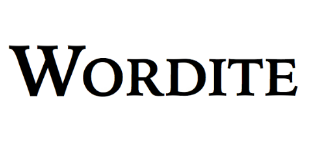bias - What does it mean?
'bias' hits on the web
You may have been searching for a specific social media @bias profile or the tag #bias
Definition of 'bias'English
Noun
(countable|uncountable) inclination towards something; predisposition, partiality, prejudice, preference, predilection
* 1748 . David Hume. Enquiries concerning the human understanding and concerning the principles of moral. London: Oxford University Press, 1973. § 4.
- nature has pointed out a mixed kind of life as most suitable to the human race, and secretly admonished them to allow none of these biasses to draw too much
* John Locke
- Morality influences men's lives, and gives a bias to all their actions.
(countable|textiles) the diagonal line between warp and weft in a woven fabric
(countable|textiles) A wedge-shaped piece of cloth taken out of a garment (such as the waist of a dress) to diminish its circumference.
(electronics) a voltage or current applied for example to a transistor electrode
(statistics) the difference between the expectation of the sample estimator and the true population value, which reduces the representativeness of the estimator by systematically distorting it
(sports) In the game of crown green bowls: a weight added to one side of a bowl so that as it rolls, it will follow a curved rather than a straight path; the oblique line followed by such a bowl; the lopsided shape or structure of such a bowl.
* Sir Walter Scott
- there is a concealed bias within the spheroid
Derived terms
* bias tape
Verb
To place bias upon; to influence.
- Our prejudices bias our views.
Adjective
( en-adj)
Inclined to one side; swelled on one side.
- (Shakespeare)
Cut slanting or diagonally, as cloth.
Adverb
( -)
In a slanting manner; crosswise; obliquely; diagonally.
- to cut cloth bias
Anagrams
*
----
Similar to 'bias'boss, bass, bus, buss, bes, baas, basks, bis, bags, backs, bows, books, boys, boos, bees, bucks, begs, bays, baggs, beaks, bios, bogs, bugs, boas, boyos, buoys, buys, bowks, bahus, becks, bacs, boaks, byes, beaus, busks, bocks, bps, bys, bhoys, biogs, bigs, bohos, bahs, biwas, beys, beks, bbs, bwoys, bouks, byos, bisks, bosks, baes, bawws, biyas
|
